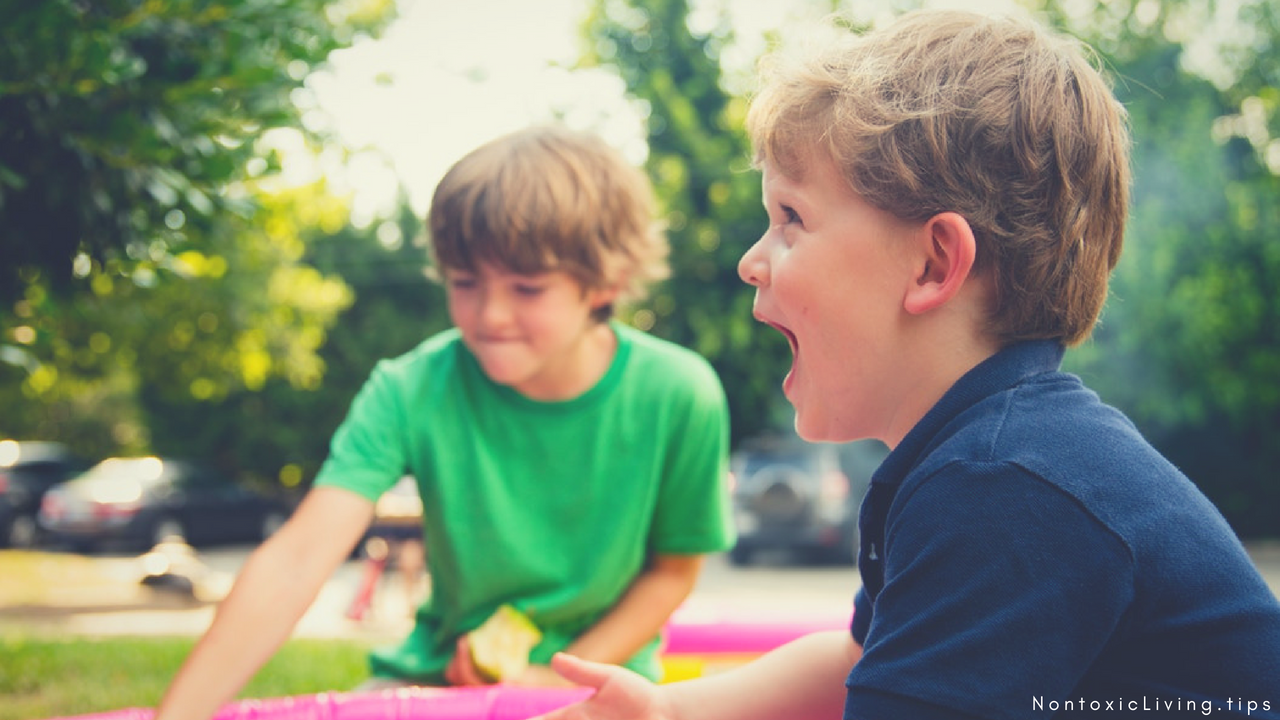
Tips to Help Kids Overcome Social Isolation
Jun 05, 2018by a staff writer
Social isolation contributes to low self-esteem, school adjustment, anxiety, and depression. The digital world can hamper as much as elevate children's lives. And too much time on devices increases social isolation.
Parents can help by scheduling device-free time to strengthen social and interpersonal skills by ensuring interactive, outdoor activities or team sports.
Although quality family time and great family relationships provide a fantastic foundation for a rich and layered life, kids also benefit from quality peer relationships.
Children learn optimally through sensory stimulation and real-world interaction with others and the environment. Every child uniquely has their original thoughts and ideas to contribute to the world. These ideas need space to grow and develop, and it doesn’t happen in front of the computer.
According to a 2010 study by the Kaiser Foundation, the average young person aged 8-18 in America spends practically every moment out of school on some device. Time in front of a digital screen is also time not learning from nature and human interactions. The most advanced 3-D video game cannot compete with the smorgasbord of sights, smells, and sounds experienced on a nature hike.
And playing with other kids--whether on playgrounds or in the backyard--builds psychological resiliency through the trial and error of navigating group dynamics, and maintaining friendships.
The digital world provides endless information to children, but the real world allows invaluable experiences that the online world can't provide.
The digital world also offers an “escape” feature that the real world does not. Kids that have to deal with failure, boredom, embarrassment, anger, and other real-life struggles develop coping skills that are the building blocks for a resilient life.
Outdoor Activities Help Children With Isolation
Passive media—like TV and films—are great for sleepovers, sick days, and family nights. They provide great entertainment and value during certain occasions.
Interactive media forms—such as games and learning apps—offer value as well. However, these forms of learning can also be addictive and so comfortable that kids will gravitate to them first rather than real-life interactions with peers. If a kid is bored or unhappy with their virtual playmate, it's easy to disconnect and log off. It’s harder to opt out in real life, like during a baseball game in the bottom of the ninth inning with the bases loaded.
Peers can be great teachers, allies, and friends. Team activities are invaluable in teaching children to manage others, navigate conflict, and form healthy relationships. Human relationships are hard, however. And it's much easier to default to online relationships where face-to-face interactions are avoided, and addressing conflict can be skirted. Free-time at the playground is much harder.
Suggestions to Get Your Kids Out of the House
- Turn off the TV. The age-old parent lament of kids watching too much TV is enabled by parents purchasing in-flight movies and DVD players on car rides.
- Limit screen time of all kinds. Apps that track time are available for free or can be inexpensive to download. Make a family game of it: Make a goal of reducing the digital time and reward your kids with an activity that is technology-free. Make it fun!
- Learn to look out the window during long car rides. Boredom may be essential to creativity, and kids (and adults) might learn something about this beautiful world. The old license plate game is a great stand-by, and it’s also an excellent opportunity to teach a child how to read a map.
- Try navigating without using a GPS. It’s an eye-opening and sometimes laughter-generating endeavor.
- Take a nature walk with your kids. There's no better way to connect with your kids, and to help them appreciate nature.
- Visit a museum, apiary, aviary, or conservatory. Join like-minded parents and kids on activities.
- Create a “conversation” space on your back porch that is a “technology-free” zone. Talk to each other about experiences.
- Create sunshine rules. If it’s sunny out, spend time out of the house. For that matter, splash in a puddle during a light rain. Learn about the weather.
- Ask your kids for ideas. Kids are a fountain of schemes for fresh ideas. There isn’t a kid in the world that doesn’t like to build a tent and read books with a flashlight or chase fireflies under the stars. Campfires are the essence of cool for kids. Add a s’more and a ghost story, and nobody’s thinking about where their phone is!
Nature Promotes the Healthy Development of Kids
Exploration is how kids learn to negotiate their environment. As much as parents would like to control, shape, and manage their kid’s world, their efforts are not a substitute for healthy real-world activity. Children need to live by using their senses and exposure to the natural world is the optimal source of sensory stimulation.
Join our support community to be updated on the latest news and advice on how to maintain a healthy relationship with technology.



